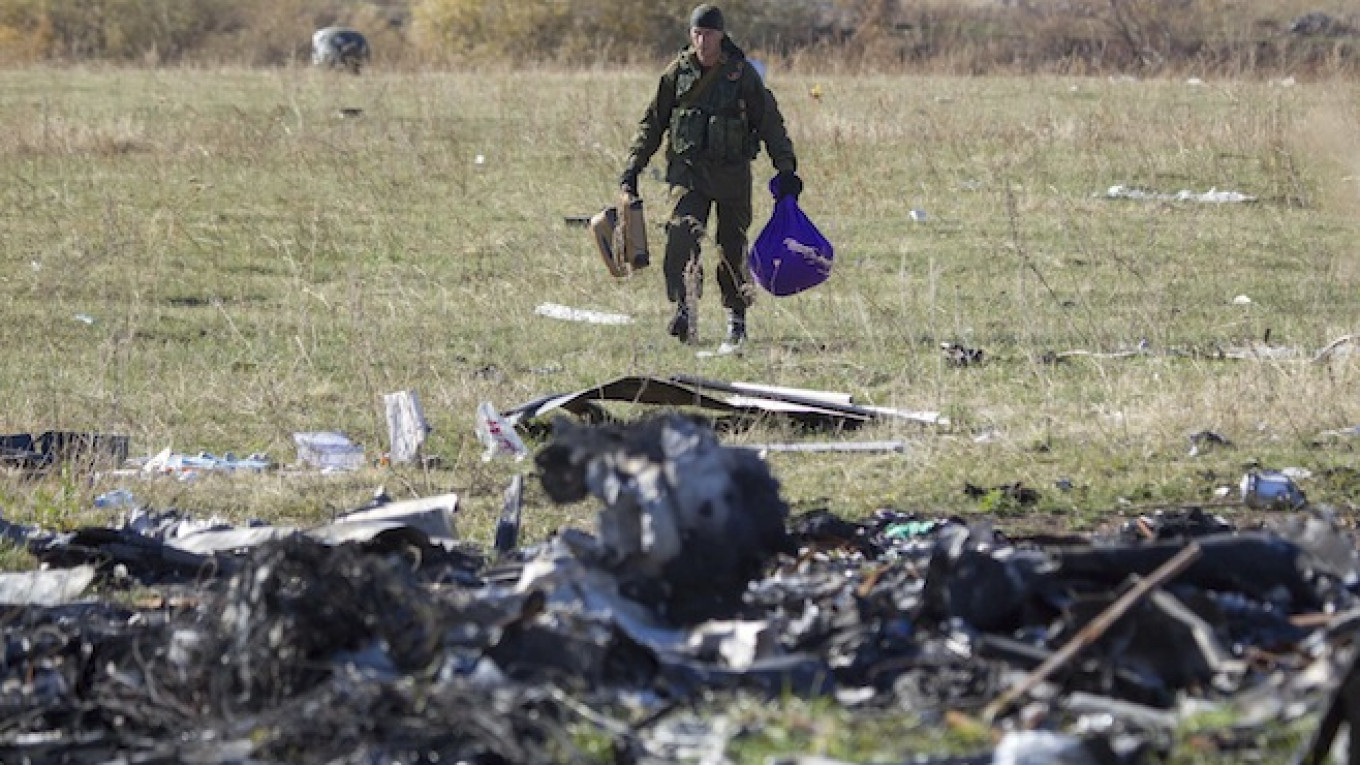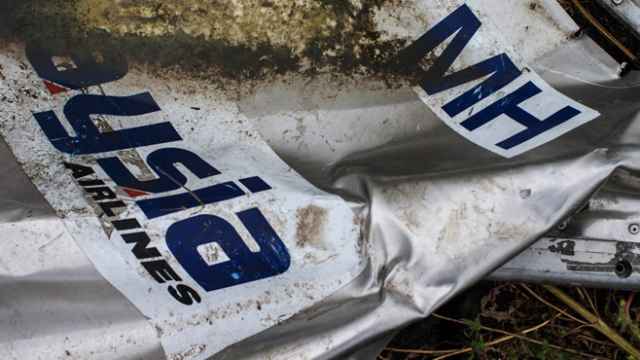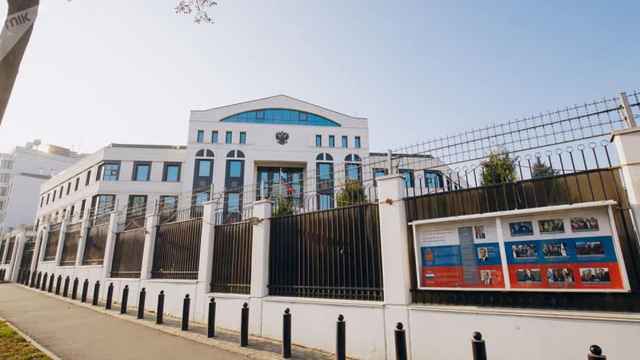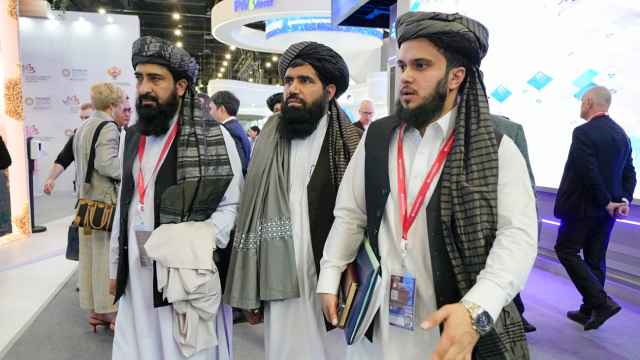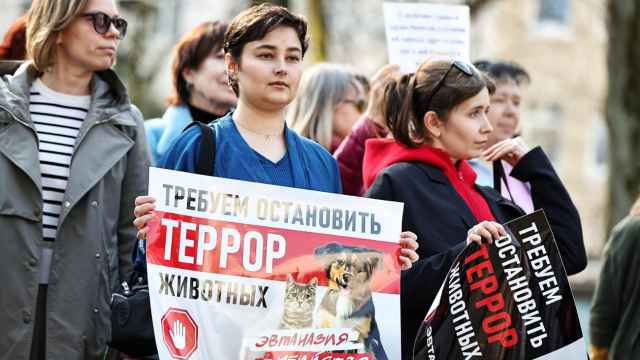Russia, which the United States has accused of backing Ukrainian rebels who allegedly shot down a Malaysian airliner in July, called new proposals from the United Nations aviation body on mitigating risks over conflict zones rushed and "superficial," according to a document obtained by Reuters.
The International Civil Aviation Organization (ICAO) launched a task force in July to look at ways to better share information about risks above conflict zones. The task force has laid out 12 proposals, seen by Reuters and confirmed by sources at the Montreal-based agency.
The Russian submission to the ICAO Council, which was also signed by Bolivia, says the agency "practically has lost" its role in investigating the downing of Malaysia Airlines MH17 and criticized a pilot program to share intelligence.
It said the agency’s pursuit of a centralized intelligence-sharing mechanism was outside its mandate and could lead to false information being given to pilots.
The Russian objections could limit the ICAO’s actions on conflict zones.
Malaysia is also unhappy with the proposals, because it believes they do not go far enough, said two sources familiar with the matter.
The United States said its satellite imagery proved that Malaysia Airlines Flight MH17 was shot down with a ground-to-air missile by Russian-backed rebels. Russia says a Ukrainian military aircraft downed it.
The airline industry has clamored for better information on risks to planes over conflict zones in the wake of the incident, which killed nearly 300 people. The Montreal-based ICAO is not responsible for closing airspace above conflict zones, but it sets safety standards followed by most countries.
Council members ultimately endorsed the recommendations on Monday with only minor amendments, despite the Russian objections, according to two sources who attended the meeting. The ICAO's 191 member states are set to gather for a special safety conference next February.
Outlined in a separate document obtained by Reuters, the proposals range from creating an information-sharing pilot program to developing "best practices" for informing the public about risks in conflict zones. They form a general plan of action for the ICAO, industry and governments.
The haste and lack of preparation has led to recommendations with a "superficial character," Russia and Bolivia said.
The pilot program involves the U.S. Federal Aviation Administration, the European Aviation Safety Agency, Eurocontrol, Japan, the Netherlands, and the Agency for Aerial Navigation Safety in Africa and Madagascar, and it is open to others, the proposals document said.
Malaysia is concerned the proposals do not do enough to address states' obligations, ICAO sources told Reuters. One source, who asked not to be identified, said Malaysia had lamented that the ICAO cannot force states to share relevant but sensitive intelligence.
"The world must view this tragedy as a wake-up call," Malaysian Transport Minister Liow Tiong Lai said in prepared remarks at an ICAO meeting in Montreal on Monday, calling for a "global protocol" to share information about risks to flights.
"We can no longer be complacent and must take preventative measures now."
A Message from The Moscow Times:
Dear readers,
We are facing unprecedented challenges. Russia's Prosecutor General's Office has designated The Moscow Times as an "undesirable" organization, criminalizing our work and putting our staff at risk of prosecution. This follows our earlier unjust labeling as a "foreign agent."
These actions are direct attempts to silence independent journalism in Russia. The authorities claim our work "discredits the decisions of the Russian leadership." We see things differently: we strive to provide accurate, unbiased reporting on Russia.
We, the journalists of The Moscow Times, refuse to be silenced. But to continue our work, we need your help.
Your support, no matter how small, makes a world of difference. If you can, please support us monthly starting from just $2. It's quick to set up, and every contribution makes a significant impact.
By supporting The Moscow Times, you're defending open, independent journalism in the face of repression. Thank you for standing with us.
Remind me later.


